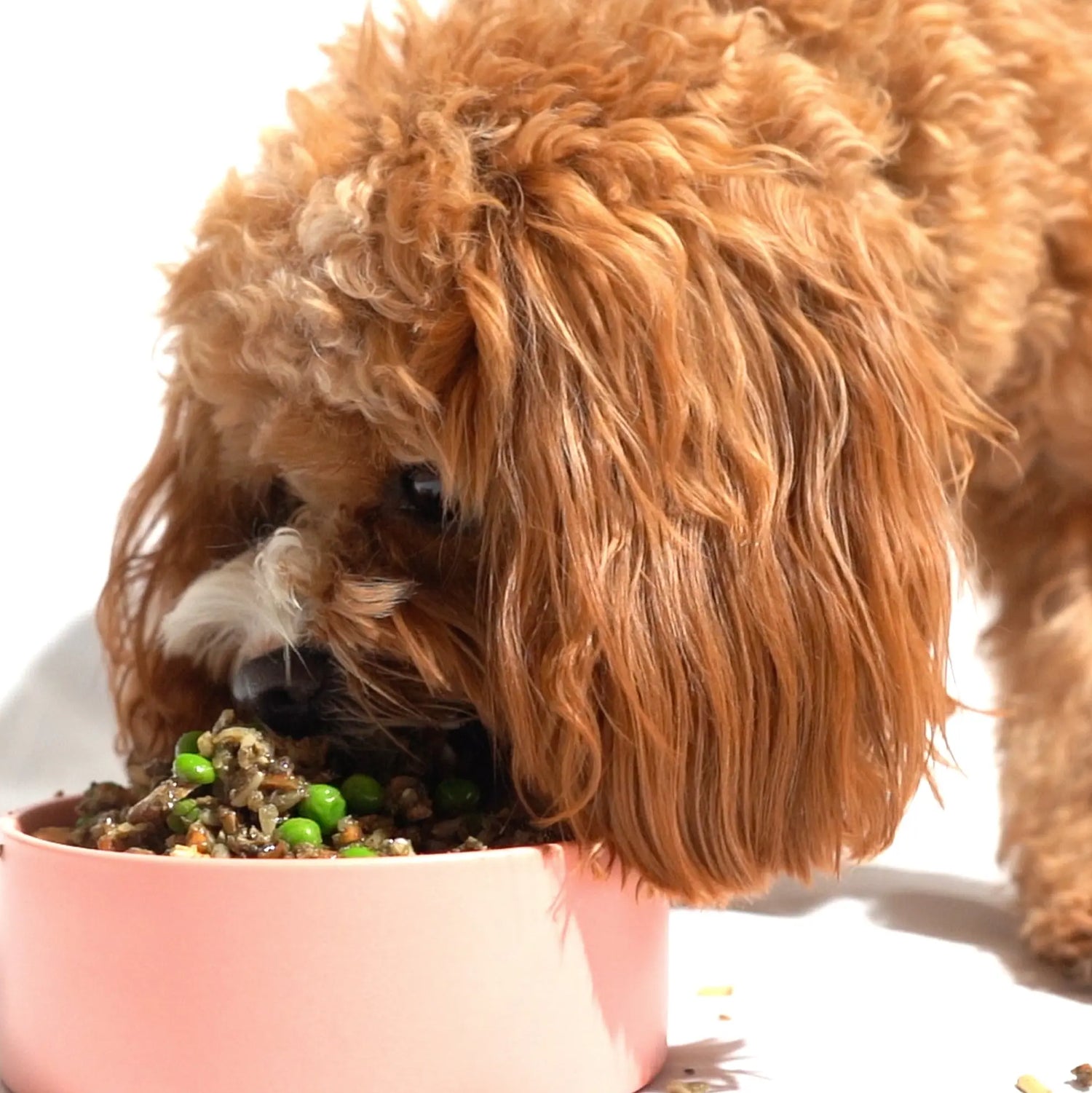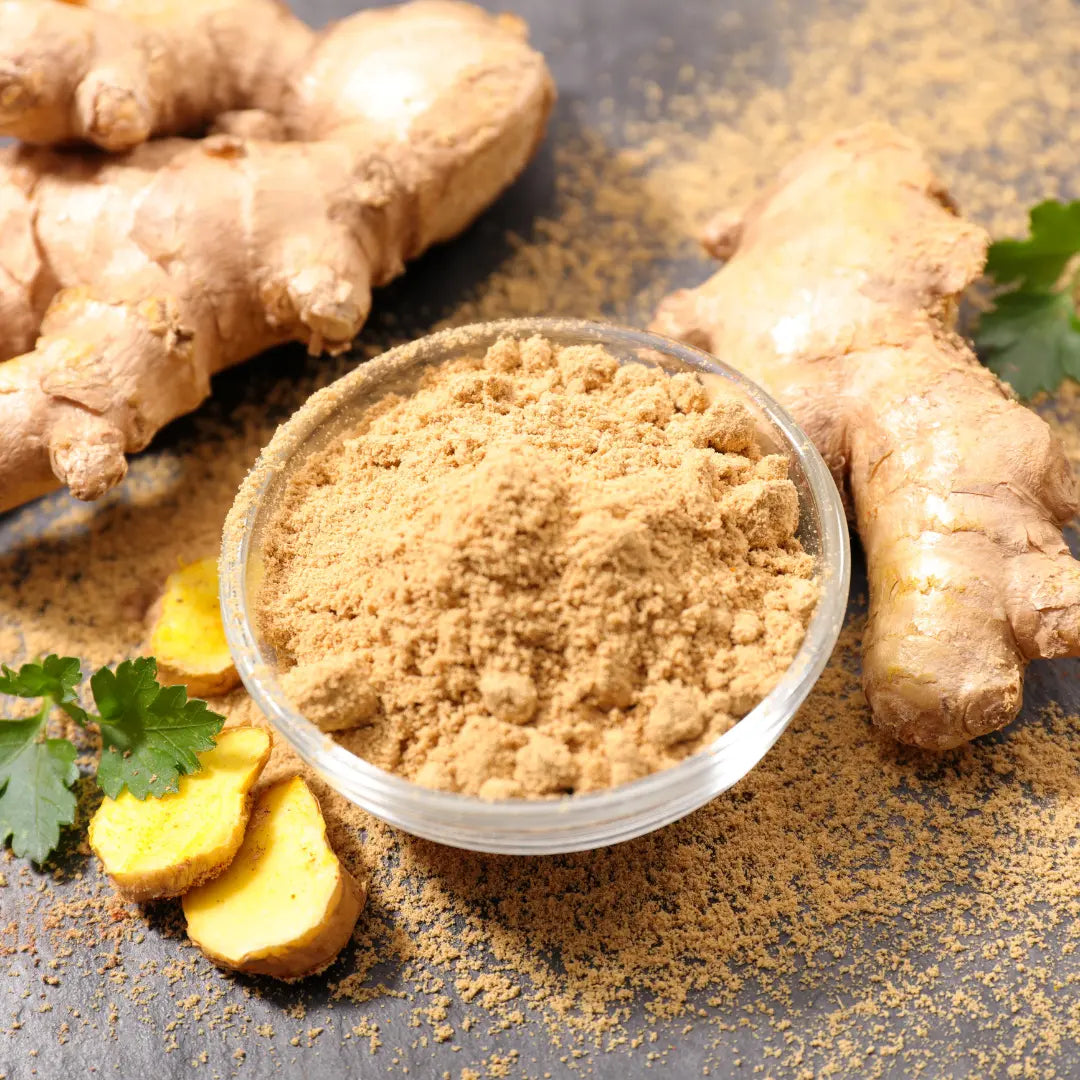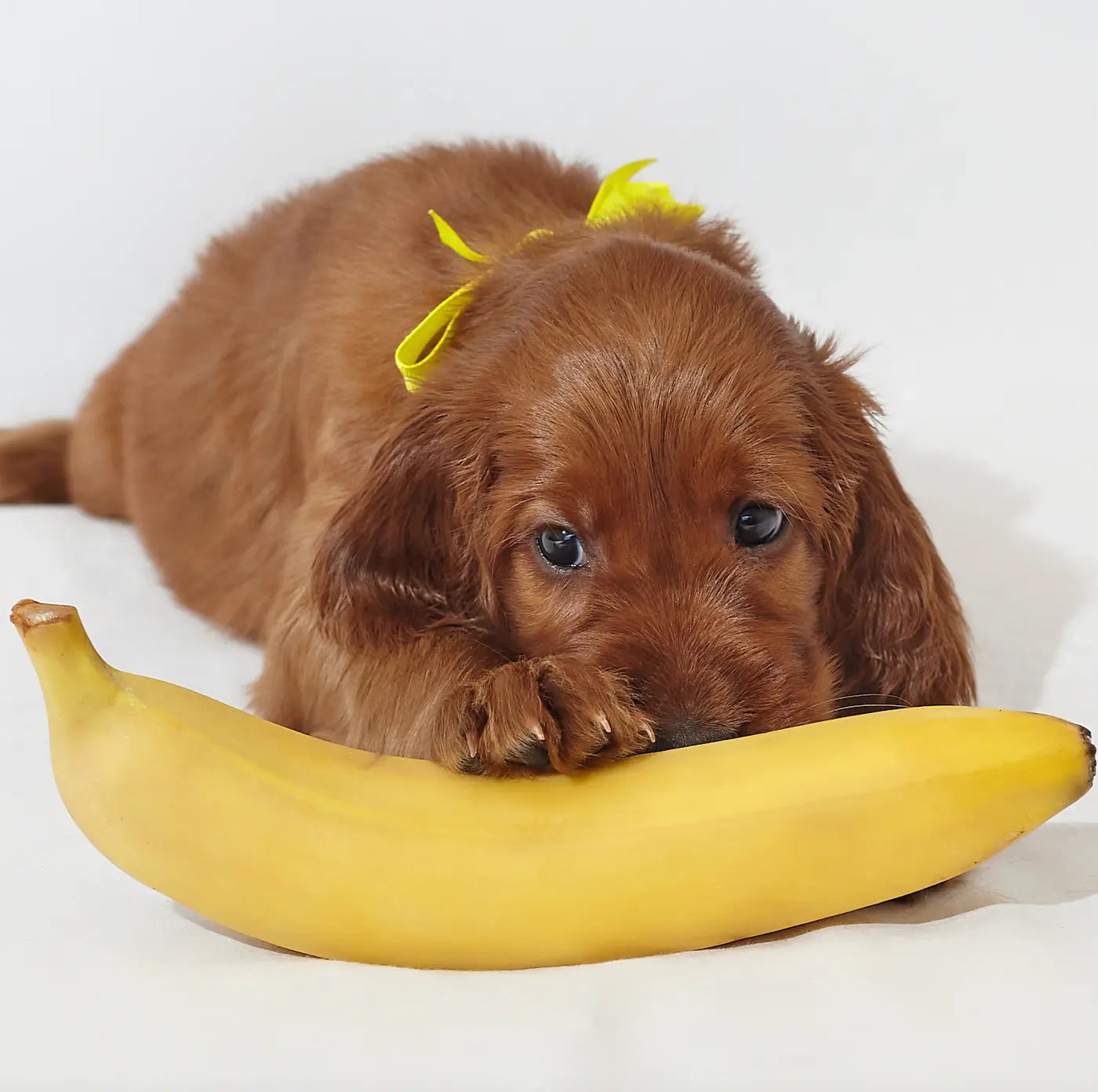Can I Feed My Dog Brown Rice?
Just like us, our pets are what they eat. We all want the best for our fur babies, and when it comes to their diet, we are extra careful. It is important to choose the best ingredients to add to our dog’s diet when we are cooking for them at home.
When you’re looking for a healthy meal option that is both delicious and nutritious, you may be wondering if brown rice is a viable human food option for your pup. Let’s take a look at this popular grain and find out if it’s beneficial for your four-legged family member.
What is Brown Rice?
Let’s start off by learning what exactly brown rice is. Brown rice is an unpolished grain made from whole-grain rice with just the outermost hull removed. It has a higher nutritional value than white rice because of its intact bran layer which contains essential fatty acids, B vitamins, riboflavin, magnesium, manganese, calcium, iron, potassium, phosphorus, vitamin d and dietary fibre. The additional nutrients make it a much healthier alternative to its processed white rice counterpart. Brown rice also contains antioxidants that can help protect your dog’s immune system against unfriendly diseases. For more on the benefits of antioxidants in your dog’s diet check out this link from PetMD. It is often debated as to whether or not brown rice is suitable for your doggie and if dogs are simply carnivores or if they are omnivores. Brown rice is often misjudged as a ‘filler ingredient’ in dog food, but that couldn't be further from the truth. So what is the truth?
Can Dogs Eat Brown Rice?
Yes! Brown rice can be a great addition to a dog’s balanced diet as long as you don’t overdo it on the portion sizes. Since cooked brown rice is low in calories and contains good carbohydrates that are easily digestible, it can be a great source of energy for your pup without leaving them feeling overly full or sluggish afterward. As mentioned earlier, brown rice is an excellent source of vitamin D and B which promotes a healthy heart.
Additionally some more benefits of brown rice are the dietary fiber. The fiber in brown rice helps to keep your dog’s bowel movements regular and relieve constipation while providing essential vitamins and minerals such as thiamin that our dog’s bodies need to stay healthy. The fact is, brown rice has some great nutritional benefits for dogs. Its long list of vitamins and nutrients benefit your dog greatly, while also being a great gluten-free option that is easy to digest.
How Can I Add Brown Rice to Dog Food?
Although cooking homemade food for your dog can seem overwhelming, it’s well worth it. Adding brown rice to your dog’s meal is a great place to start. You can begin small with one or two meals a week and see how you evolve into cooking more meals rather than soely feeding commercial dog foods. The best way to add brown rice to your dog’s diet is by adding small portions of cooked rice to your dog’s home-cooked meals. There are several ways you can do this. Our Salmon Fried Brown Rice for Dogs is a recipe that incorporates brown rice and is simple to make. It uses our Essential Nutrient Mix to make sure all your dog’s nutritional needs are met. This dog food recipe is packed with protein and high-quality nutrients that will please even the pickiest eaters. Our recipes and products have been developed alongside nutritionists and veterinarians to ensure your dog is getting a balanced diet.
If you’re looking to use the Dog Child Meal Mixes for your dog’s meal you can add 10% of brown rice to either our Mixed Veggie or Grain Free mixes to add in extra whole grains. It is important to limit the addition of rice to 10% of the meal size as Dog Child Meal Mixes are already a complete and balanced dog food, adding too much to the recipe would overload it with carbs. Too many carbs could result in an upset stomach for your dog. Another option is to add a small amount of brown rice to your dog’s kibble. If you are adding rice to your dog’s balanced diet, remember to still limit the amount of rice to small portions to avoid overfeeding your dog. Always make sure you are feeding your dog cooked rice. Uncooked rice contains harmful bacteria, including salmonella, which could cause your dog to become seriously ill. When feeding rice to your furry friend, be sure to use plain, unseasoned rice. Dogs don't need salt or other seasonings in their diet, so it's best to keep it simple.
You can check out the Dog Child page for more pet food recipes that are designed to keep your dog happy and healthy. We have so many recipe options that will slowly work brown rice into your dog’s diet.
What Are The Risks of Feeding Your Dog Brown Rice?
Like any food, there can be risks involved in feeding rice to your dog. The most significant risk of adding brown rice to dog food is that it has the potential to cause digestive and gastrointestinal problems. Rice is a carbohydrate, and carbs are a necessary part of a dog's diet. They provide energy and fulfill the nutritional needs of your pet. However, it is also high in starch, which can be tough on a dog's digestive system. It is a complex carbohydrate which can sometimes cause gas, bloating, and diarrhea in dogs. In addition, it is a high-glycemic food that causes a rapid spike in blood sugar levels. This has the potential to be dangerous for dogs with diabetes or other health conditions.
First, ensure that your pup doesn’t have food allergies to rice or any other grains. Some dogs have allergies to brown rice, if your dog begins to develop any hair loss or significant stomach upset following the introduction of rice to their diet, stop adding rice to the dog food immediately. Secondly, moderation is key! Too much rice can lead to weight gain and other health issues. It is the dog owner’s job to monitor your dog for any weight changes when you change their diet. Introduce brown rice to your dog in small quantities and see how they react. If you are concerned for your dog’s health, consult with your veterinarian before making any changes to your pup’s diet.
In Conclusion
Can dogs eat brown rice? Yes.
When it comes to canine nutrition, there are a few additions as versatile as brown rice. Not only does this nutrient-dense grain offer plenty of health benefits such as antioxidants and vitamins; but it's also low in calories making it easy to incorporate into any diet without worrying about weight gain or digestive issues when fed correctly. Rice is easy to make and your dog will be thrilled to say goodbye to its bland diet. Next time you are looking for a quick meal option with added nutritional value, try cooking up a recipe that includes brown rice!
Your pup will thank you later. If rice doesn't seem like the right option for your dog, there are many other healthy carbs to choose from. Some great alternatives are barley, couscous, farro, lentils, oats, potatoes and quinoa.




